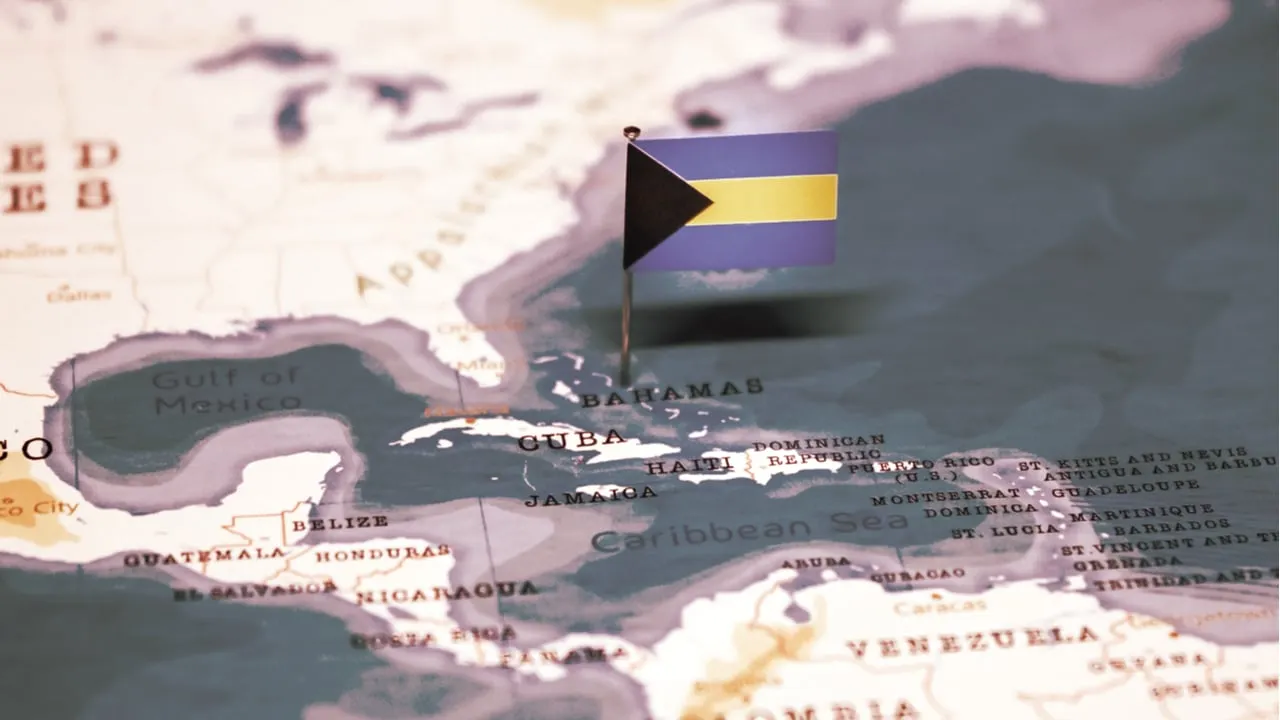Behemoth cryptocurrency exchange Binance has been cagey about where it's located. Its biggest competitor has no such issues.
FTX, the second-most-popular crypto trading platform, has officially moved its headquarters from Hong Kong to the Bahamas, according to its website. It remains incorporated in Antigua and Barbuda.
Earlier this week, FTX Trading Limited received licenses for subsidiaries in Gibraltar and the Bahamas. It will operate under the banner of FTX Digital Markets in the latter, where it is registered as a digital assets business by the Securities Commission of the Bahamas.
In a statement on Twitter, FTX founder and CEO Sam Bankman-Fried said, “The Bahamas is one of the few places to set up a comprehensive framework for crypto." He added that the country "has emerged from COVID lively, safe, and without quarantine."
The Bahamas, along with other Caribbean countries such as Bermuda, have embraced cryptocurrency businesses. The Bahamas began releasing the Sand Dollar, a central bank digital currency, onto the market last year. And Bahamas-based Deltec bank already provides services to FTX, Tether and other exchanges.
Moreover, the country passed the Digital Assets and Registered Exchanges Bill in late 2020, extending licensing to crypto and other Fintech firms. FTX Digital Markets is the first digital asset bill registered under the act. Securities Commission Executive Director Christina Rolle lauded the DARE Act's role in attracting FTX to the island—and hinted that more crypto firms could soon land.
"It’s a huge vote of confidence for the jurisdiction, and what it signals is that you have a big player like this that is really looking for a jurisdiction that has clearly defined the scope of its regulation, and that is what DARE provides,” she told Bahamas' newspaper The Tribune. Imagine Gary Gensler saying that.
"Having a comprehensive, nimble regulatory framework with oversight is essential to ensuring that the crypto industry is safe, robust, and growing," Bankman-Fried tweeted on Monday. "We're excited to be one of the first global crypto exchanges to be part of a comprehensive spot + derivatives regulatory regime."
Semi-autonomous Hong Kong, by contrast, is increasingly falling in step with mainland China. The Chinese government reiterated today that cryptocurrency trading remains against the law, though it continues to work on a digital yuan. Last month, Binance was forced to stop allowing Hong Kong users to trade derivatives—which include futures, options, and perpetual contracts—on its platform. It cited a "commitment to compliance."
FTX also does the bulk of its exchange volume from crypto derivatives, rather than mere spot trading, making Hong Kong a less-than-desirable location for a base of operations.
Moreover, Hong Kong, a major business hub, requires travelers to quarantine in a hotel for as many as three weeks. That cuts into FTX's ability to move quickly as it expands its reach and forges new partnerships.
Lightspeed Ventures partner Amy Wu, who invests in FTX, told Decrypt she sees the move as positive. "The Bahamas has been crypto-friendly, open to dialogue, and also lets the [management] team be more nimble without the quarantines."
Editor's note: This article has been updated with a quote from Amy Wu as well as details about Hong Kong's COVID quarantine procedures.
Daily Debrief Newsletter
Start every day with the top news stories right now, plus original features, a podcast, videos and more.

